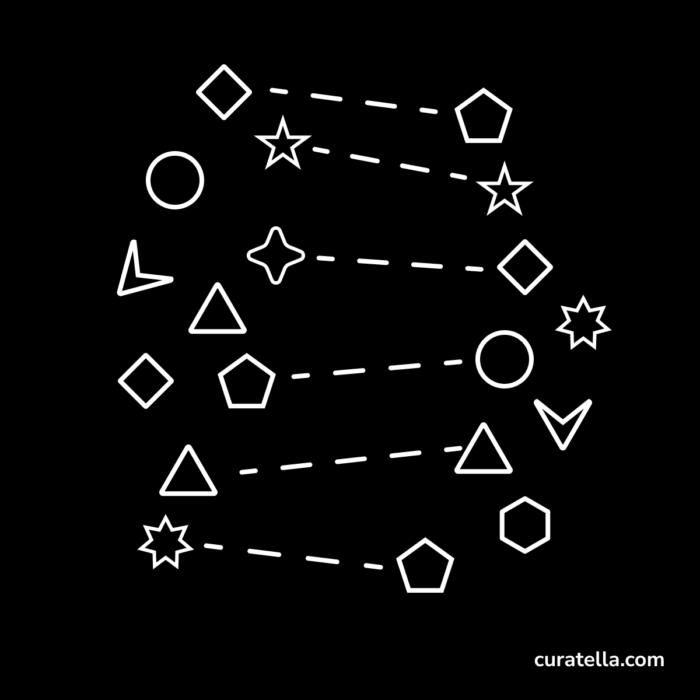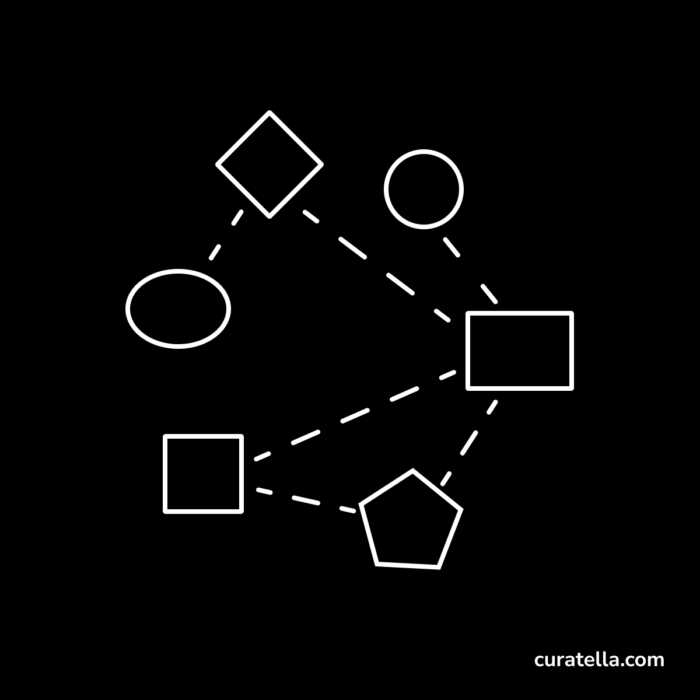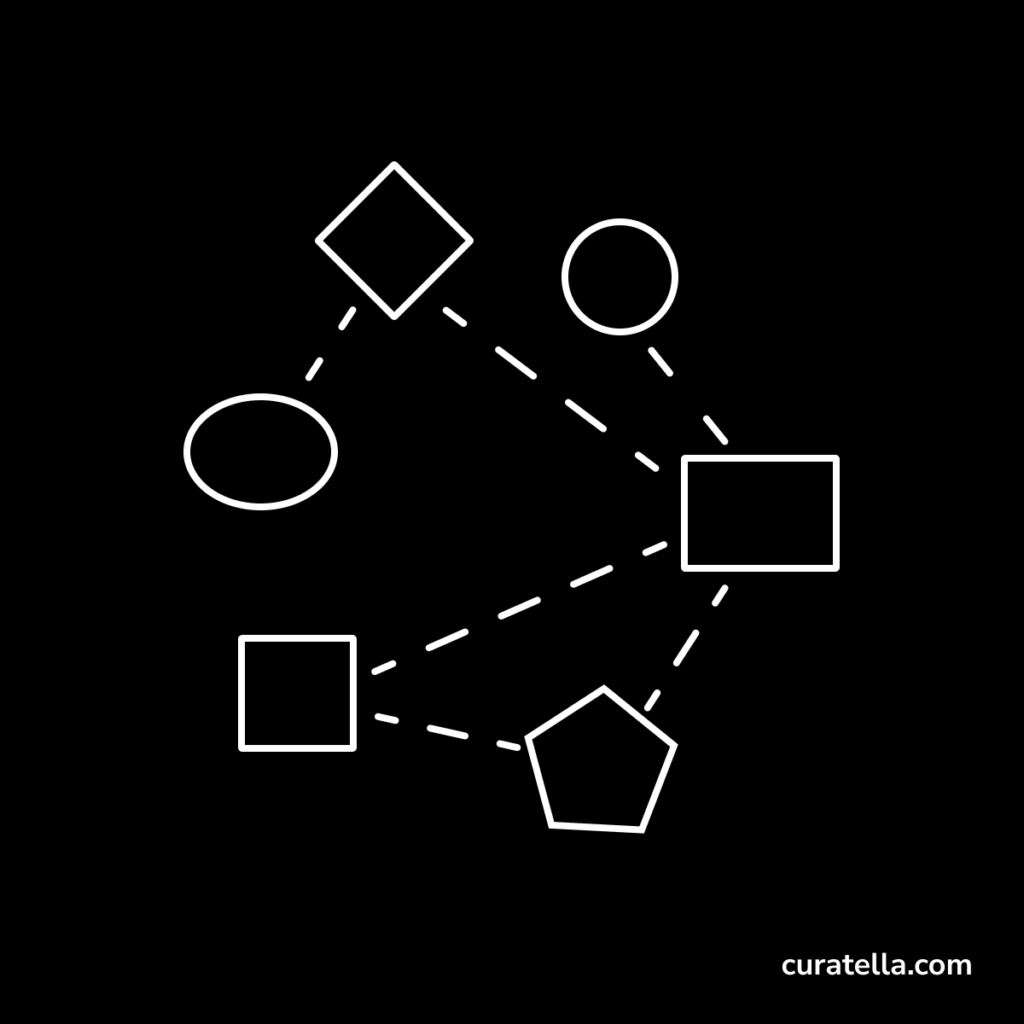Paraphrasing a concept is a way to extract knowledge while interpreting its meaning. It promotes understanding, memorization, and thus learning. The rewriting should happen immediately after the annotation to maximize leveraging the freshly acquired context. It becomes less efficient and practical to collect highlights first and then trying to make sense of them and finally rewriting them. That means reading much slower than just going over the text while quickly taking notes. But it means also saving time in rereading and reinterpreting the context after the superficial first iteration. Further rereading is still useful, by understanding better and better the concept expressed by the author we open up the possibilities for connection and even deeper understanding.
Paraphrasing contextually requires a change of habit if you are used to reading quickly and highlight what interests you. You still have to reread the source but it makes you more effective and efficient when you stop, make an effort to interpret what caught your attention, and rewrite it with your words into notes to add to your archive.
Article 324.



